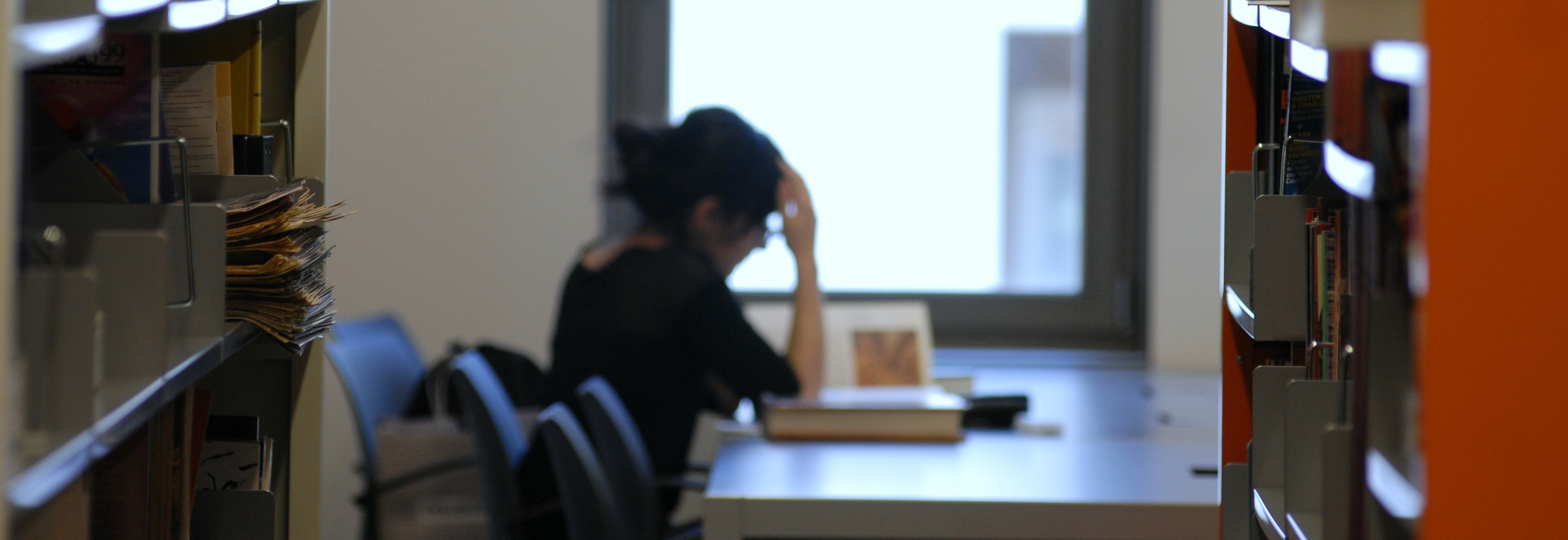Teaching
Currently the Observatory of Scientific Communication actively is involved in teaching in two study programs: the BA in Journalism from UPF and the MA in Food Safety coordinated by the UB. In addition, the OCC organizes other educational activities throughout the academic year.
BA in Journalism | Universitat Pompeu Fabra
Specialised Journalism - Science and Health
Dissemination and communication of science have been identified as a priority for the European Union and the various state governments, as a society misinformed in science is a less free and less democratic society. In fact, part of the right of citizens to receive accurate scientific information, accurate and quality. They are scientific journalists in co-operation with scientists themselves, who must make the effort to bring in a clear and understandable that knowledge to the public. The course wants to deepen production routines of scientific journalism, as well as provide a basis for understanding and scientific communication.
Want to know more about the BA in Journalism?
MA in Food Safety
Universitat de Barcelona - Universitat Autònoma de Barcelona - Universitat Pompeu Fabra
Communication Techniques in Food Safety
Food-scientific communication is analyzed through the prism of Broadband Societies. From this perspective, students learn how to prepare a communication plan (internal and external communication), how to create content for the media (most common genera in food safety) traditional and digital (newsletters) and how to manage food scientific communication in social networks. The student will learn the role of health authorities, the media and experts and Communication protocols for food companies; food safety as a value and brand within the business strategy; real risk and perceived social risk; factors that influence the perception of risk; coverage of food crises; ICT and Food Safety; communication management in food safety; food alerts networks and early warning systems; and food labeling and its importance and role as a communication tool.
Social Perception of Food's Science & Technology
Science plays an increasingly important role in contemporary societies, however, there is a knowledge gap between scientific knowledge and popular knowledge experts of citizens is growing. In this context, increasing concern for scientific institutions and the perception of science and technology issues are two sides of the same coin. The concept that deals more widespread this phenomenon is the Anglo-Saxon 'Public Understanding of Science (PUS) that integrates quantitative and qualitative study of a set of indicators on the relationship and the reaction of society to science: (1) public knowledge; (2) access to information; (3) understanding; (4) opinions or attitudes towards science; and (5) perception of trust of scientists. The perception of science and technology is an area mainly related to research, but in order to understand all these social spheres having a theoretical understanding of what we mean by public opinion, the role played by the media and its effects, and obviously methodological tools used in research to analyze the relationship between scientific communication, social perception of science and technology for food and public opinion is needed.
Communicational Analysis of Food Crisis through History
The main objective of this course is to introduce students to the basics of crisis communication and its application in the field of food industry. In this sense, the purpose is to educate students in the key role played by the media in a crisis situation and make it reflect on a number of key elements that determine the evolution and outcome of a crisis. All in all, giving a practical approach and present the subject so that knowledge can be applied immediately in the professional field.
Want to know more about the MA in Food Safety?

Other teaching activity
Dissemination Sessions in Emercency Communication
These seminars aim to contact professionals in risk and crisis communication with researchersaddressing these issues from academia. This way, every year a topic is taken as the backbone of the conference - e.g. new technologies, etc.- and discussed in several roundtables.
Crossroads between science and fiction - University Cultural Activity (UPF)
The great purposes of this activity are dismantling the false belief that science is “something for scientists” and make it attractive to the general, non-specialised public via languages that are usual among the scientific community. This way, audiovisual fiction will act as a meeting point between scientific rigor topics and the languages of pop culture.
